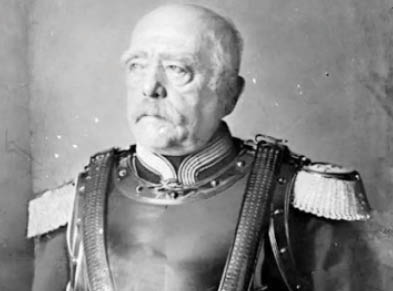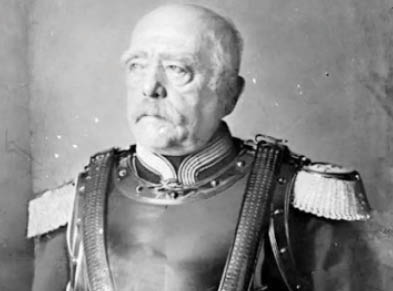“Study the past if you would define the future.” – Confucius
Today we will take a brief look at the history of retirement so that we can understand why, when, and where it was introduced in human societies as well as how it evolved over the last two millennia.
For our purposes, we will discountenance everything earlier than 195000 BCE, when evidence of anatomically modern humans, the Homo Sapiens, was said to have been traced. Thereafter, the development of human societies followed the known pathway from nomadic hunting/gathering to sedentary farming and on to our modern times.
- 8000 BCE: Agriculture was established along the banks of the Nile and goats, hitherto feral, were domesticated in what is now Iran.
- 5500 BCE: Evidence of sailing boats and copper smelting were traced to what is now Kuwait and Serbia respectively.
- 3200 BCE: First writing systems appeared in Mesopotamia, Egypt, and the Indus Valley.
- 500 BCE: The Nok culture thrived in what is now Nigeria.
As communities grew, the need for various services led to the development of artisanship such as simple toolmaking. Hostile raids from other communities prompted the need for leadership and an ‘army’.
Many anthropologists suggest that average life expectancy was around thirty years in the pre-modern world. Whilst this remains debatable, it is generally agreed that life expectancy has significantly increased in the last one hundred and fifty years (38 years in 1850 to 75 years in 2000 for white males). Shorter life spans meant that early mankind had a work-until-you-die kind of attitude. The poor worked on a farm or artisan shop while the wealthier managed farms, artisan shops or were probably merchants.
Parallel to all that, knowledge in philosophy and science was building up. We had Pythagoras (570 – 490 BC) of the Pythagoras theorem fame; Euclid (325 – 265 BC) developed Euclidean geometry; Thabit Ibn Qurra (836 CE – 901), a reformer of the Ptolemaic system; Ibn Al-Haytham (965 – 1040), ‘the father of modern optics’; Rene Descartes (1596 – 1650) helped in developing the methodology of economic science and Cartesian coordinate system; Isaac Newton (1643 – 1727) established the laws of motion and universal gravitation, etc.; Bernard Mandeville (1670 – 1733) is considered by many as the first champion of the ‘invisible hand of the market’; Thomas Newcomen invented the steam engine in 1712; Adam Smith (1723 – 1790), the father of Modern Economics and author of The Wealth of Nations; James Hargreaves invented the spinning machine in 1764; Michael Faraday demonstrated electromagnetic induction in 1820, etc.
Our early scientists were the giants instrumental to the creation of most technologies we are still benefiting from and building on. Those technologies made possible the ‘industrial revolution’ of about 1760 to 1840 in Britain, which spread quickly to continental Europe and the US. On the other hand, spiritual leaders, along with philosophers and social scientists were key to the conceptualization of the social, political, and economic orders that we probably take for granted today.
The earliest known pension scheme is traceable back to the Roman Emperor Augustus. He was said to have instituted a pension program around 13 BC for Roman Legionnaires who had served for twenty years in the military. The scheme was aimed at ensuring that retired soldiers did not revolt against the Empire. In its support, Augustus established a military trust fund and personally contributed 170,000,000 sesterces (worth about US1b today). Thereafter, various military pensions were conferred by monarchs on victorious armies and navies – Remember that conquests were not always defensive but as often offensive for economic benefits and the spread of political influence. Outside the military, however, most elders depended on family care or alms from benefactors to survive. From 624, Zakkat was introduced in regions governed by Muslims. It is incumbent on, and payable annually by eligible Muslims whose wealth is above a certain threshold. Its proceeds are distributed to certain groups of people regardless of their age or employment history.
In the 18th century, Cotton Mather, a minister and author in New England, US, proposed the retirement of elderly people. However, it was Otto von Bismarck (1815 – 1898) of Prussia and later Germany, who, in 1881, first legislated the retirement of anyone above 70 years and a pension paid to them. His otherwise altruistic argument that ‘those who are disabled from work by age and invalidity have a well-grounded claim to care from the state’ was, interestingly, just a shrewd political move aimed at curtailing the increasing popularity and powers of Marxists.

Otto von Bismarck (Photograph: Bettmann/Corbis)
The industrial revolution boosted the demand for skilled and unskilled labour in factories, as well as caused population shifts across regions. But the physically demanding industrial jobs were more difficult to sustain with age, making job transfers to younger family members, as in farming, not practical. This real consideration also made retirement expedient to allow for a younger workforce to join the factories.
Overall, we can deduce that wars/politics, scientific discoveries/industrialization and increasing life expectancy were some of the direct and indirect triggers of the conceptualization of retirement schemes at various times in our history. Next week, we will continue with more on the History and Evolution of Retirement.




